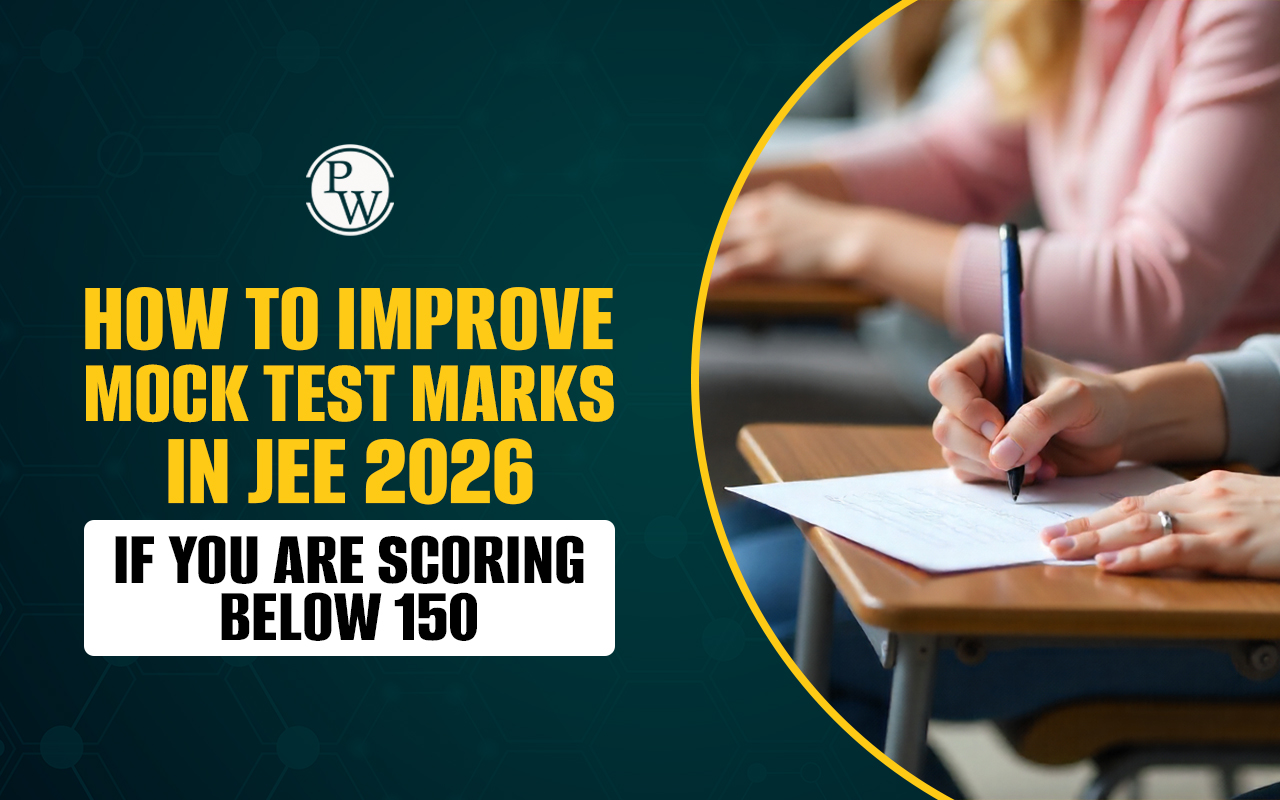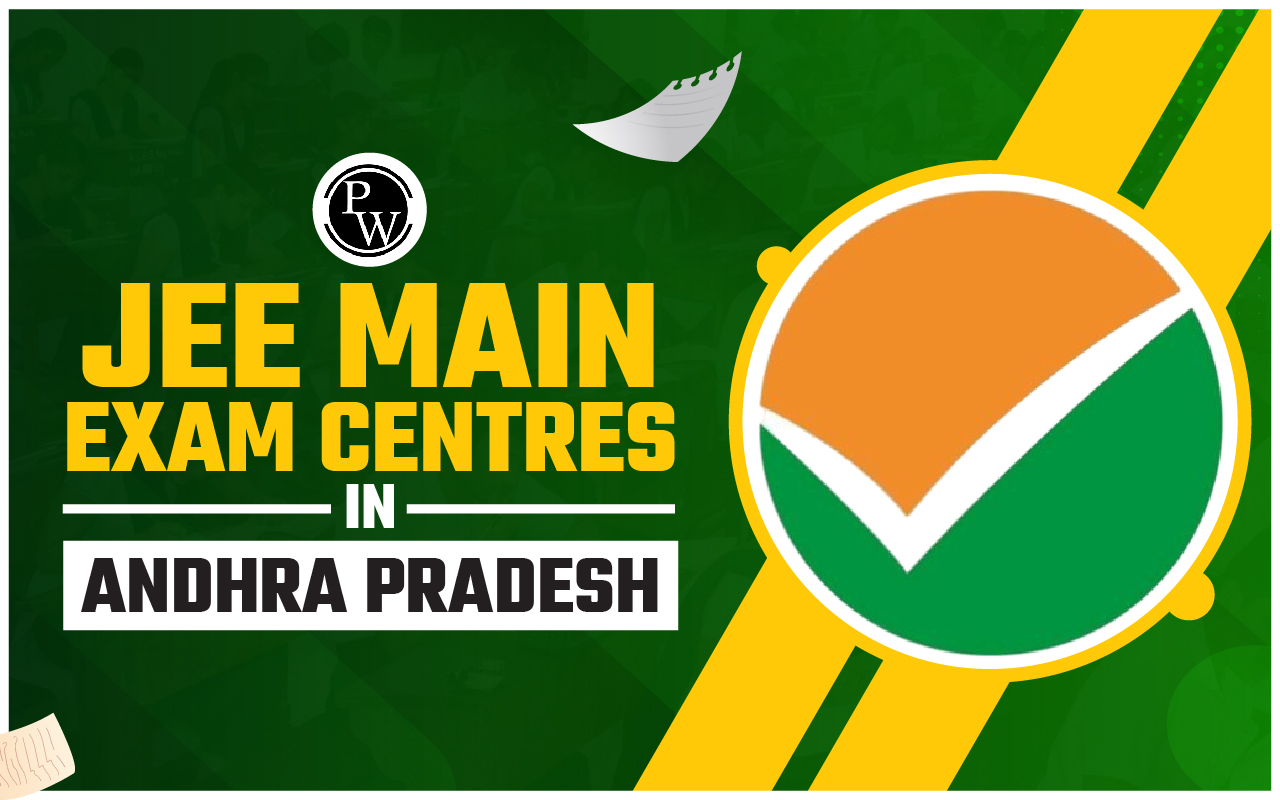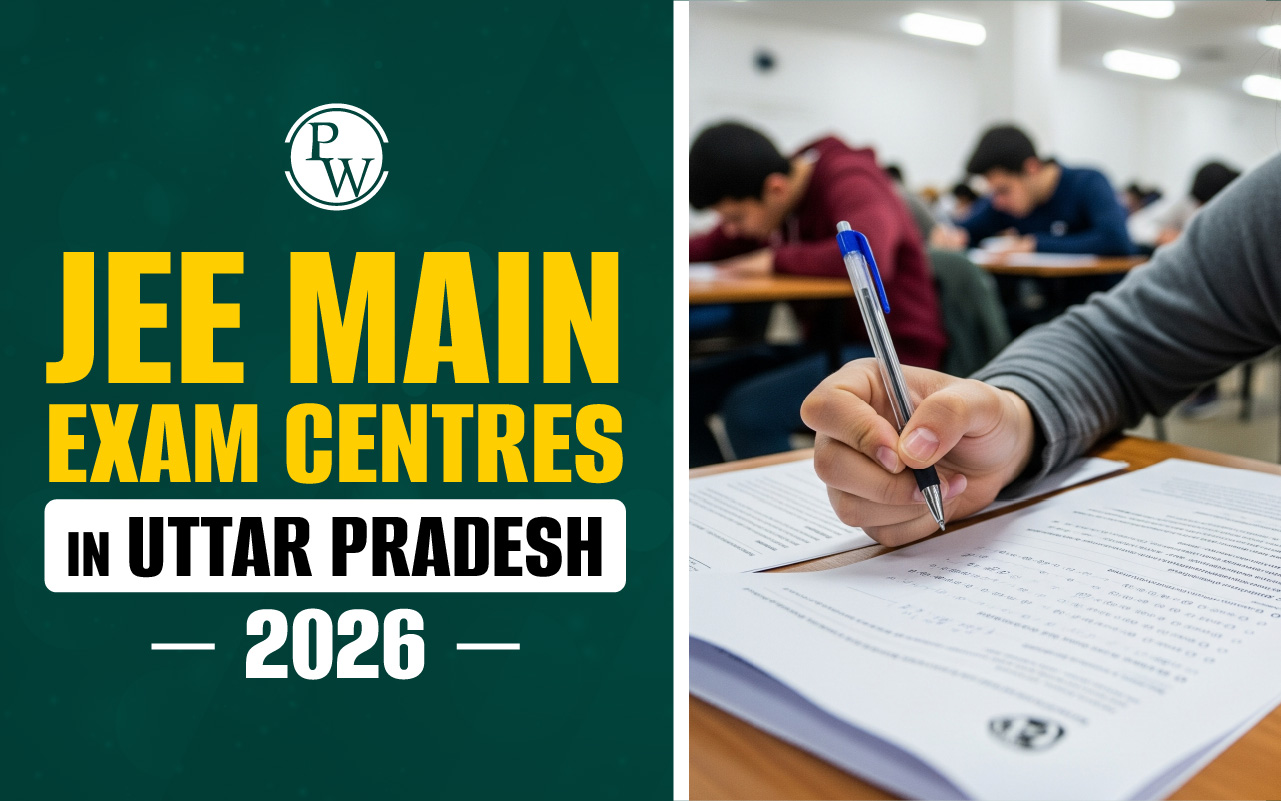
Calculus for JEE Advanced 2025 Exam Preparation: Calculus is an important part of JEE Advanced Mathematics Syllabus 2025. It includes topics such as limits, differentiation, and integration, which help in solving complex problems. Many questions in the exam are based on calculus concepts, so understanding them properly becomes important for applicants who wish to score well in the mathematics section.
Moreover, to achieve good marks in JEE Advanced 2025, aspirants must focus on learning the basics first and then move to advanced questions. A strong understanding of fundamental concepts, regular practice, and the right application of formulas are key to solving problems quickly. To learn more about the importance of Calculus for JEE Advanced 2025 exam preparation, keep reading.
Importance of Calculus for JEE Advanced 2025 Exam Preparation
Calculus plays a vital role in the JEE Advanced Mathematics section as it covers many topics and has a high number of questions in the exam. Around 35% to 40% of the JEE Advanced paper includes questions based on calculus, so applicants need to study it well to score high. A good understanding of the calculus for JEE Advanced 2025 can make solving mathematical questions easier and faster. Furthermore, the Calculus chapter includes topics such as functions, limits, continuity, differentiation, integration, and differential equations, among others. These topics are used in many types of problems, so knowing them well aids in solving even the trickiest questions.
What Topics to Cover in Calculus for JEE Advanced 2025 to Score Well?
To prepare Calculus well for JEE Advanced 2025, one needs to focus on understanding the concepts and practicing regularly. Since calculus is a major part of the exam, studying it properly can help in solving many questions with ease. Here is how to study different topics in calculus for the upcoming JEE Advanced 2025:
1. Calculus for JEE Advanced 2025: Functions
Functions are the base of calculus, so understanding them is very important. Students must learn how to find the domain and range of different functions and how to draw their graphs. Knowing about one-to-one, onto, and bijective functions is also necessary. Many mistakes happen in this chapter due to small errors in reading the given domain and range.
-
It is important for applicants to give extra attention when handling square roots or division by zero, as these can change the function’s behavior.
-
Inverse trigonometric functions are also covered in this section. Applicants should memorize their properties and understand how they behave in different quadrants. Learning their graphs properly can make solving problems easier.
2. Calculus for JEE Advanced 2025: Limits
Limits are a simple but very useful topic included in calculus. Questions on limits appear throughout the exam, so a good understanding of this topic helps in solving other calculus problems as well. The sandwich theorem and series expansion methods are useful tools in finding limits. L'Hôpital's rule is one of the most important techniques in this chapter, as it helps solve many limit problems quickly.
-
Applicants should also try to learn the basic forms of exponential and logarithmic series, as they are helpful in solving complex limits. Most limit questions follow a pattern where test takers need to identify zero-by-zero or infinity-by-infinity forms and then apply L'Hôpital's rule. Regular practice can make solving these questions much faster.
3. Calculus for JEE Advanced 2025: Continuity and Differentiability
If students have understood functions well, studying continuity and differentiability is going to be much easier. Many problems in continuity can be solved by quickly and accurately drawing function graphs. Understanding the Intermediate Value Theorem is also important, as it helps in solving certain continuity problems.
-
For differentiation, memorizing formulas is necessary. Important rules to learn include the product rule, quotient rule, and chain rule.
-
Differentiation of exponential and logarithmic functions, along with higher-order derivatives, is also important. Regular practice with these formulas helps in solving problems quickly and accurately.
4. Calculus for JEE Advanced 2025: Integration and Definite Integrals
Integration is also one of the most important topics in calculus, and it is expected to carry a significant weightage in the forthcoming IIT JEE Advanced 2025 examination. Many questions are asked from this chapter, so learning standard integration formulas and practicing different types of questions is important. Various methods are used in integration, such as:
-
Integration by parts
-
Partial fraction method
-
Substitution method
-
Newton-Leibniz formula
Most definite integral questions are based on properties of definite integrals, so understanding these properties and practicing related questions is important. One useful trick is differentiating both sides of an equation to simplify the integration process. With regular practice, this topic can become easier to handle and even enjoyable.
Once definite integrals are well understood, the "Area Under the Curves" chapter becomes much easier. It generally involves drawing the graph of a given function and evaluating the integral within the given limits. Since this chapter is closely related to integration, mastering integration makes solving area-related problems simpler.
5. Calculus for JEE Advanced 2025: Application of Derivatives
Application of derivatives is another important topic in calculus, and many questions in JEE Advanced are based on this chapter. Applicants need to remember important formulas related to tangents, normals, sub-tangents, and sub-normals. Understanding monotonicity and how to find maxima and minima is also vital. In some cases, using the second derivative test helps in solving problems efficiently.
-
Concepts like Rolle's theorem, Lagrange’s mean value theorem, increasing and decreasing functions, and inflection points are often asked. If applicants have a clear understanding of previous calculus topics, this chapter will not be difficult. With proper practice, it becomes a scoring topic in the exam.
6. Calculus for JEE Advanced 2025: Differential Equations
After covering the more challenging calculus topics, applicants often find differential equations easier to understand. This chapter involves learning a few important formulas, such as solving first-order differential equations and Bernoulli’s equations. Practicing different types of problems will help in mastering this topic.
-
While the weightage of Differential Equations in JEE Advanced varies from year to year, it remains an important topic. Additionally, this concept is widely used in engineering courses, so building a strong foundation in it will be beneficial not only for JEE but also for future studies.
-
Since calculus is a vast section, it is common that applicants miss or forget some concepts over time. Therefore, regular revision and problem-solving are important, especially for the application of derivatives and definite integrals. With consistent practice, these topics become easy to tackle, which directly helps in scoring well on the final JEE Advanced exam.
How to Study Calculus for JEE Advanced Exam Preparation?
Since a significant portion of the exam includes Calculus-based questions, thorough preparation is a must. Knowing fundamental concepts, practicing different types of problems, and managing time effectively can improve problem-solving skills. With the right approach, students can develop confidence in solving even the toughest Calculus questions in JEE Advanced.
-
Build Strong Concepts: Start by understanding the basic ideas of Calculus from lectures, textbooks, and solved examples. Clear fundamentals help in solving complex problems later.
-
Solve Different Types of Problems: Practice a variety of questions from sources like NCERT, JEE-specific books, and previous year papers. This helps in covering different patterns of questions.
-
Focus on Application-Based Questions: Many Calculus problems in JEE Advanced require real-life applications. Work on questions that test how concepts are used in practical situations.
-
Manage Time Efficiently: Practicing mock tests with time limits improves problem-solving speed and accuracy. This is important as JEE Advanced has a mix of easy and tricky problems.
-
Revise Regularly: Go through important formulas, graphs, and key concepts frequently to avoid forgetting them. Making short notes can help in quick revision.
Some important points to keep in mind while studying Calculus for JEE Advanced 2025 are:
-
Use Graphs: Visualizing functions and derivatives through graphs makes it easier to understand their relationships.
-
Learn from Mistakes: Review incorrect answers to find weak areas and work on improving them.
-
Take Help if Needed: If any topic seems difficult, consult teachers, mentors, or study materials for better clarity.
Having a good grasp of calculus for JEE Advanced 2025 exam preparation is crucial, as it holds high weightage in the mathematics section. A clear understanding of functions, limits, continuity, differentiation, integration, and differential equations can help in solving tough problems with confidence. Regular practice, concept clarity, and revising key formulas are the keys to handling Calculus effectively.
For structured learning, applicants can utilize Calculus Core Fear No More. This book includes uniquely designed critical thinking questions, JEE Main and Advanced exercises, and problem-solving techniques to strengthen conceptual understanding. With a focus on analytical thinking, it helps applicants approach calculus problems in a structured way, making preparation more effective for JEE aspirants.
Calculus For JEE Advanced 2025 Exam Preparation FAQs
Q.1 : How to prepare Calculus for the JEE Advanced 2025 exam?
Q.2 : What are the important topics in Calculus to cover to score well in JEE Advanced 2025?
Q.3 : Is Calculus an important chapter for JEE Advanced 2025?
Q.4 : Can I skip Calculus during JEE Advanced 2025 exam preparation?










